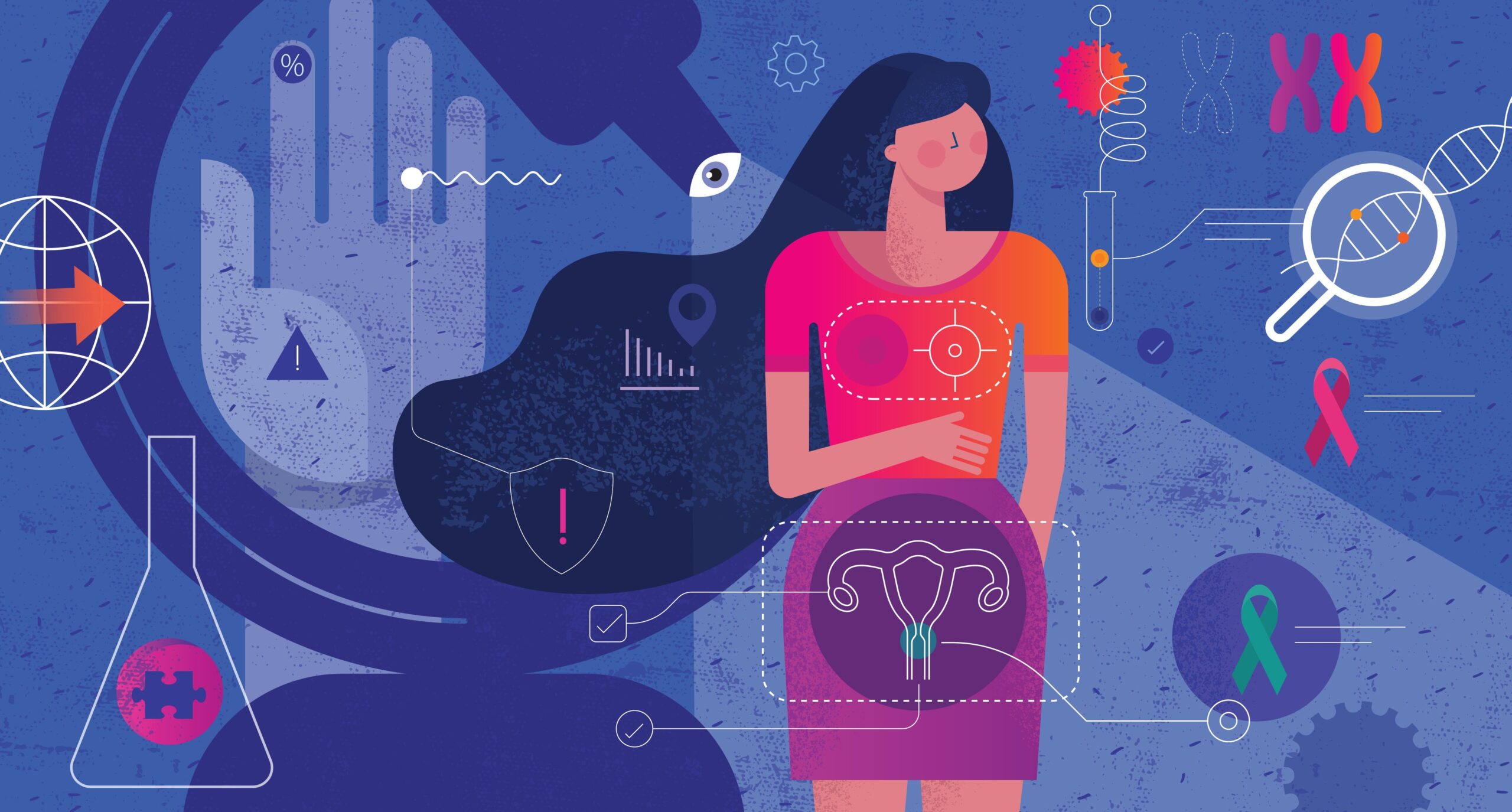Hormones play a vital role in our bodies, acting as chemical messengers that regulate everything from mood to metabolism. Yet, when these hormones fluctuate, they can stir up a storm of changes in both body and mind. Understanding these shifts is crucial, especially for those undergoing life transitions, such as puberty, pregnancy, or menopause. In this post, we’ll explore the effects of hormonal changes and offer insights into managing them effectively.
The Basics of Hormonal Changes
Hormones are produced by the endocrine glands and travel through the bloodstream to tissues and organs, orchestrating our body’s processes. These include growth and development, metabolism, sexual function, reproduction, and mood. When hormone levels vary, they can lead to noticeable changes in how we feel and function.
Puberty and the Onset of Change
Puberty marks the first major hormonal shift in our lives. For girls, the hormone estrogen rises, while boys experience an increase in testosterone. These changes trigger physical developments like breast growth, menstruation, and body hair. But they also impact emotions, often leading to mood swings and heightened emotions.
Pregnancy and Hormonal Harmony
Pregnancy introduces another wave of hormonal change, primarily involving increased levels of estrogen and progesterone. These hormones support the development of the fetus but also affect the mother’s body and mind. Common experiences include morning sickness, fatigue, and mood swings, which are all attributed to hormonal shifts.
Navigating Menopause
Menopause signifies the end of a woman’s reproductive years and comes with significant hormonal changes—primarily a decrease in estrogen. This transition can cause hot flashes, sleep disturbances, and mood changes. Understanding these changes helps women develop coping strategies to manage symptoms effectively.
The Mind-Body Connection
Hormonal fluctuations do not just influence the body; they have profound effects on mental health. Hormones like serotonin and dopamine, which are influenced by estrogen and testosterone, affect mood and emotional well-being. This connection underscores the importance of maintaining hormonal balance for mental health.
Hormones and Stress Response
Stress can significantly alter hormone levels, particularly cortisol, the body’s primary stress hormone. Chronic stress leads to sustained high cortisol levels, which can interfere with other hormonal balances and exacerbate issues related to mood, immunity, and metabolism.
Managing Hormonal Changes
Lifestyle choices play a critical role in managing hormonal changes. Regular exercise, a balanced diet, and sufficient sleep help maintain hormone levels. Additionally, stress-reduction techniques like mindfulness and yoga can aid in balancing hormones naturally.
Medical Interventions
For some, lifestyle changes may not be enough. Medical interventions such as hormone replacement therapy (HRT) can offer relief from severe symptoms. Furthermore, treatments like shots for rheumatoid arthritis in Glenview can help address specific conditions exacerbated by hormonal imbalances.
Diet and Hormonal Balance
Nutrition is a powerful tool in managing hormones. Foods rich in omega-3 fatty acids, fiber, and antioxidants support hormone production and regulation. Reducing processed foods and sugar can also help in maintaining stable hormonal levels.
The Role of Sleep
Quality sleep is essential for hormone regulation. Sleep deprivation disrupts hormones like insulin and cortisol, affecting mood and metabolism. Establishing a regular sleep routine promotes hormonal harmony and overall well-being.
Exercise and Its Benefits
Physical activity boosts the production of endorphins, which are natural mood elevators. Exercise also helps manage weight, which is crucial since excess body fat can lead to hormonal imbalances, particularly in estrogen and insulin.
Emotional Support and Mental Health
Hormonal changes can be challenging, and having emotional support is vital. Engaging with support groups or therapy provides a space to express feelings and gain insights into managing emotional aspects of hormonal fluctuations.
Conclusion
Navigating hormonal changes can feel like riding a rollercoaster, but understanding their effects and taking proactive steps can smooth the ride. From maintaining a healthy lifestyle to seeking medical advice when necessary, there are numerous ways to manage the impact of hormonal fluctuations on the body and mind. For those looking to explore more about how hormonal health intersects with other aspects of well-being, reaching out to healthcare professionals or community resources can provide additional guidance and support.
